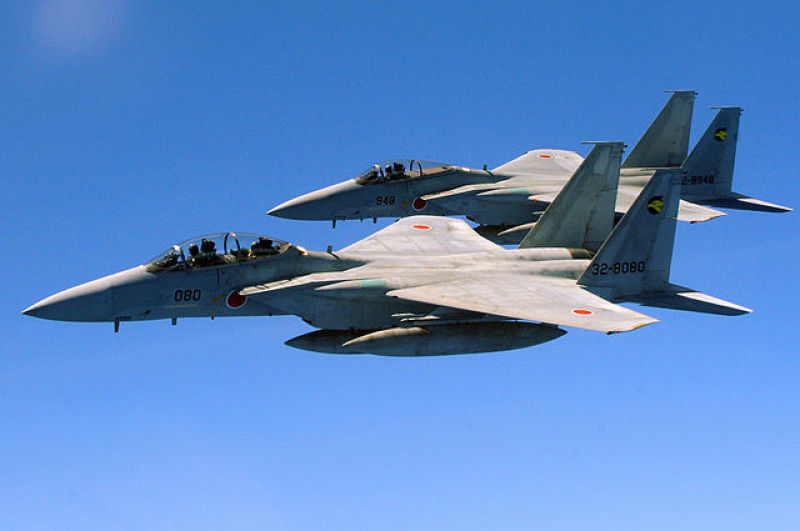

Japan's Nihon Gei-Jai Newspaper reported that Shinzo Abe, the prime minister of Japan has expressed a strong desire to amend his country's current constitution into what he termed an "independent" or "autonomous" constitution that is written and signed and legalized by Japanese leaders and the Japanese people. Ever since his election, Prime Minister Abe has shown strong will to "re-build" Japan into a fully autonomous global power.
Prime Minister Abe is drawing the Japanese people's attention to the fact that the current constitution was written by American and European leaders, essentially the leaders of the victorious nations in World War II. To the prime minister and extreme rightist and conservative Japanese political parties, their current laws are simply a means for the Western world to exercise political and economic influence over their country.
The conservative parties are believed to be most interested in amending article 9 of the Japanese constitution which states that Japan has no right to exercise warfare on any foreign nation and is not forbidden by international law to possess a military. Article 9 is also dubbed the "Article of Peace".
Abe and members of Japanese Rightist parties however have constantly expressed that the current constitution is not only been forced upon their ancestors by the Allied Forces at the time Japan surrendered, but is outdated and not suitable for the Japan of the 21st century, and it in fact limits the world's 4th largest economy to further develop into a global power.
The prime minister also added that the current constitution is incapable of addressing contemporary human rights such as the preservation of the natural environment and compensation for victims of crimes that did not exist at the time the laws were written down and taken into effect.
The international community however, particularly nations like South Korea or China have expressed very negative responses to this argument. South Korea and China are currently going through territorial disputes with Japan; Korea and Japan are conflicting over the island of Dokdo, and China and Japan are conflicting over the Senkaku Islands. However, if the United Nations approves Japan's planned amendments, and if Japan is allowed to officially possess a military force, then the current territorial disputes could turn into conflicts of violence that could possibly take lives.
Even with article 9 of their constitution and regulations from the international community, Japan's Self Defense Forces, though not categorized as an official military, is the world 3rd most powerful military force in the world after the United States and Russia. Though the Self Defense Forces is only composed of 300,000 personnel, most of Japan's defense is centered around its immense navy and air force which greatly overpowers those of South Korea or China.
Many Chinese and Korean leaders have ridiculed Prime Minister Abe and his followers for his talk of Japanese progress, and called it simply an irresponsible attempt to bury Japan's past crimes as if none of it took place. While many Koreans and Chinese are still angered by Japan's war crimes from World War II, Japanese politicians and citizens still go to places such as the Yazukuni Shrine to pay their respects for their WW2 veterans. These pilgrimages have been taking place despite criticism from other nations including the United States.
Meanwhile, South Korea's Gyeong-Hyang Newspaper reported that the Japanese government has already released a draft bill for their first amendment to the constitution as early as April of 2012.


















